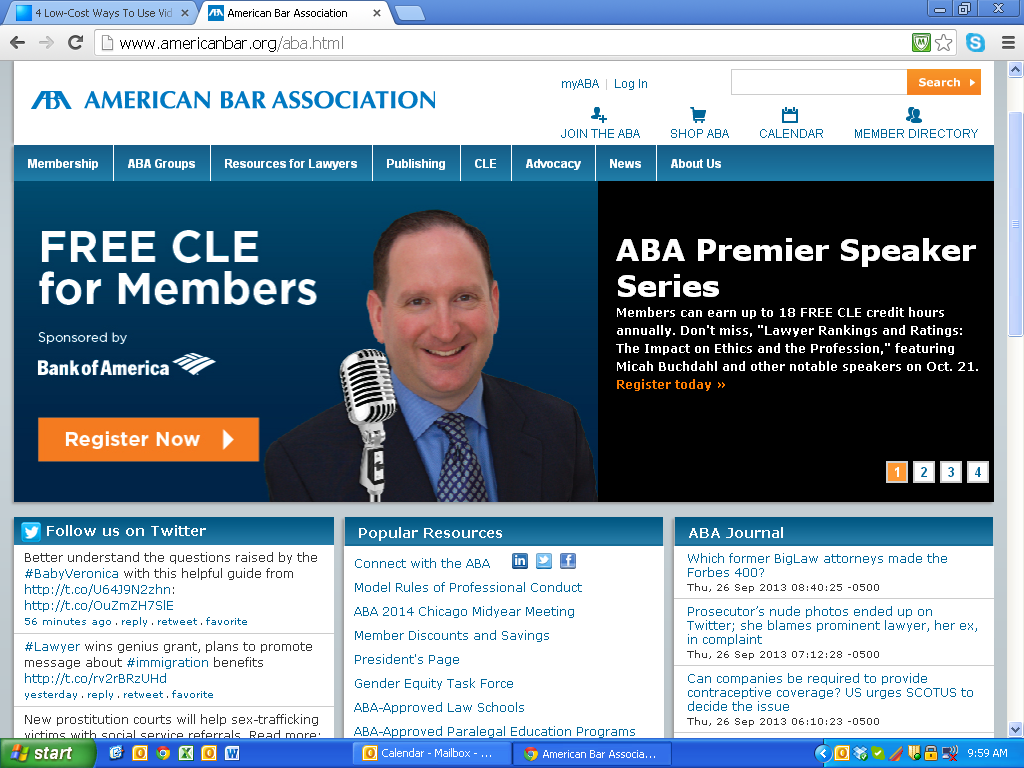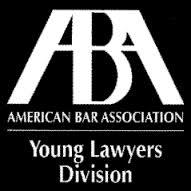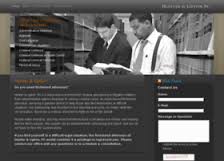The End of Internships? Recent court rulings will only damage job prospects for many
 The recent spate of class action lawsuits by unpaid interns seeking pay is disturbing. Perhaps it is yet another example of my own failure to fully understand millennials. Or maybe these young ‘ins don’t understand that they are crippling their own job prospects. Unfortunately, many will no longer get the chance to decide for themselves. For many premier companies and opportunities, internships will be a thing of the past.
The recent spate of class action lawsuits by unpaid interns seeking pay is disturbing. Perhaps it is yet another example of my own failure to fully understand millennials. Or maybe these young ‘ins don’t understand that they are crippling their own job prospects. Unfortunately, many will no longer get the chance to decide for themselves. For many premier companies and opportunities, internships will be a thing of the past.
There has been lots of coverage about the legal underpinnings of these cases. And I was particularly intrigued by a guest blog post on Forbes.com from Jack Newhouse, a lawyer with Virginia & Ambinder in New York. He represents interns in lawsuits against Warner Music Group, Atlantic Recording, Chung King Studios, Viacom, Sony, Universal Music Group, Bad Boy Entertainment, Donna Karan, and Madison Square Garden Company. In his post, Unpaid Intern Lawsuits May Reduce Job Opportunities, Newhouse is basically instructing employers about the need to change with the times to avoid these payouts later. Instead, many employers are simply choosing to eliminate the internships altogether. But what he does not talk about is how damaging this is to the job prospects of many college kids entering the real world.
The success that I had in developing my public relations and marketing resume was built around unpaid internships. From the Baltimore Blast of the Major Indoor Soccer League (MISL) while in high school to internships with the Philadelphia Fever, MISL league office and the Philadelphia Flyers in college. Yes, they were unpaid. Yes, there was some grunt work. I still recall the pain of preparing and copying the weekly press clippings for distribution to the Flyers’ brass. Boring! And additional “administrative” responsibilities that did not really enhance my portfolio. We called it “paying our dues.” And for each of those lackluster chores came the opportunity to write articles for Flyer Magazine, draft a press release, work hands-on with members of the media, and hang out in the press box.










